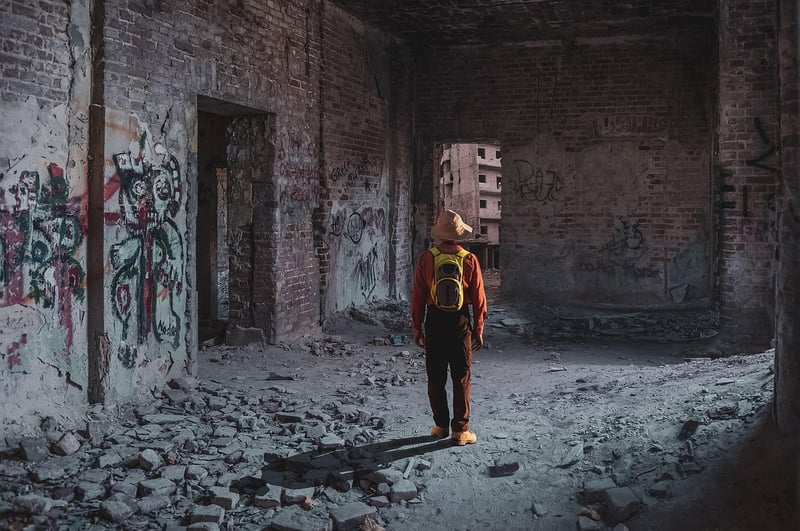Future Dystopia Survival
Exploring Time Periods and Preparing for a Future Dystopia
In a world of constant change, understanding different time periods can provide valuable insights into how societies have evolved and adapted. By delving into various historical eras, we can learn from the successes and mistakes of the past to better prepare for the future, especially in the face of potential dystopian scenarios.
1. Ancient Civilizations
Ancient civilizations like the Egyptians, Greeks, and Romans laid the foundation for modern society with their advancements in art, architecture, governance, and technology. Studying these civilizations can offer lessons in resilience, innovation, and the importance of community in times of crisis.

2. Middle Ages
The Middle Ages were characterized by feudalism, chivalry, and the rise of powerful empires. Exploring this era can shed light on the dynamics of power, social hierarchy, and the impact of plagues and wars on civilization.

3. Industrial Revolution
The Industrial Revolution transformed societies through technological advancements, urbanization, and the rise of capitalism. By examining this period, we can learn about the consequences of rapid industrialization, environmental degradation, and social inequality.

4. Modern Era
The modern era is marked by globalization, digitalization, and unprecedented connectivity. Understanding this period can provide insights into the challenges of managing information overload, navigating cultural diversity, and addressing global crises.

Preparing for a Future Dystopia
As we face uncertainties about the future, it is essential to equip ourselves with survival skills and strategies to thrive in a potential dystopian world. Building resilience, fostering self-reliance, and cultivating community bonds can be crucial in navigating challenging circumstances.
Survival Tips:
- Learn basic survival skills like first aid, shelter-building, and foraging.
- Stockpile essential supplies such as food, water, medical supplies, and tools.
- Stay informed about potential threats and develop contingency plans.
- Connect with like-minded individuals to form a support network.
- Maintain physical fitness and mental well-being to cope with stress and adversity.
By understanding historical trends and preparing for potential challenges, we can adapt to changing circumstances and build a more resilient future for ourselves and future generations.
